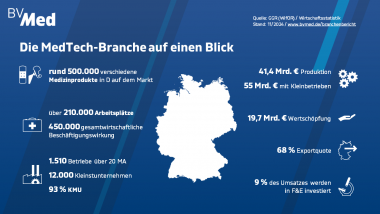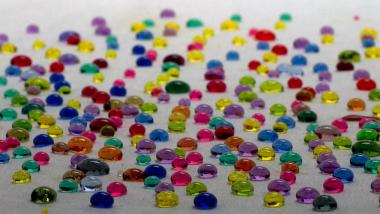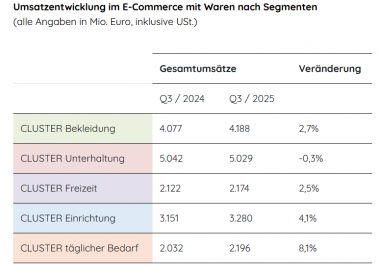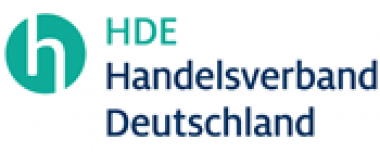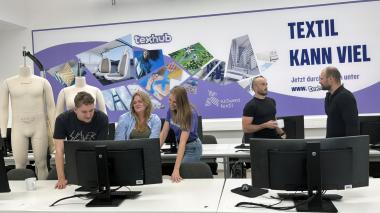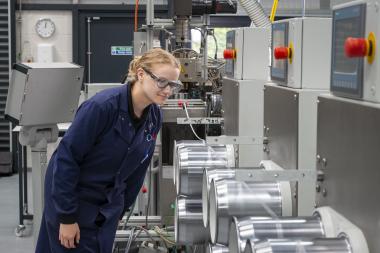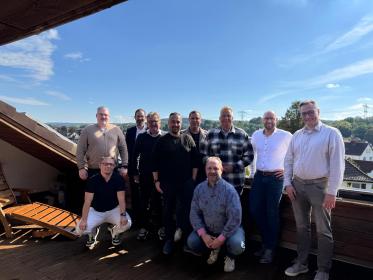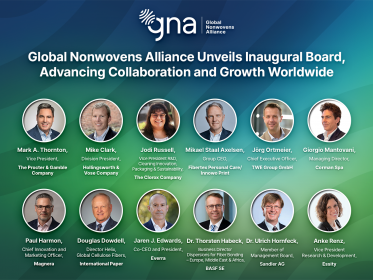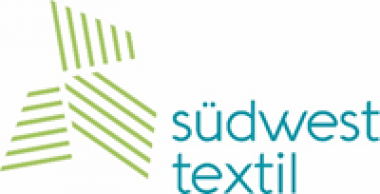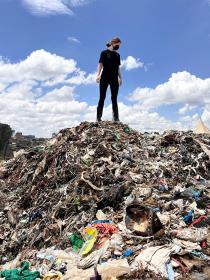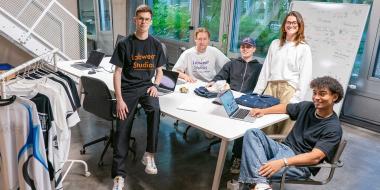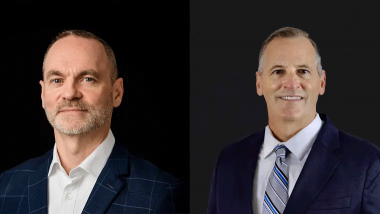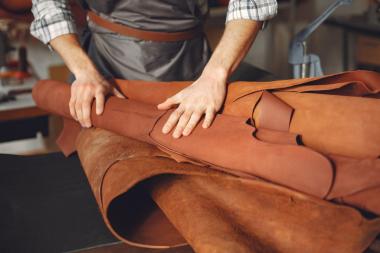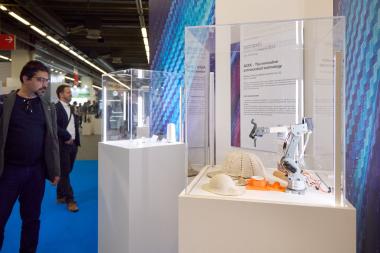Indorama Ventures Champions University Innovation and Sustainability
Indorama Ventures Public Company Limited, a global sustainable chemicals company, reinforced its commitment to advancing innovation and entrepreneurship by sponsoring the 12th Lee Kuan Yew Global Business Plan Competition (LKYGBPC), hosted by Singapore Management University (SMU).
The LKYGBPC, Asia’s largest university startup challenge focused on urban solutions and sustainability, drew more than 1,500 applications from six continents, with 57 finalists competing at the Grand Finals Week in Singapore. Ms. Catia Cesari, Managing Partner of Volta Circle, represented Indorama Ventures on the judging panel. Volta Circle, an investment platform within the Lohia single-family office, supports early-stage ventures driving innovation in green chemicals, advanced recycling, and waste management value chain. While operating independently, its mission complements Indorama Ventures’ broader sustainability strategy.
Indorama Ventures also presented the “Future of Sustainable Materials Award”, recognizing university ventures with outstanding achievements in advanced fibers and polymers, bio-based feedstocks, advanced recycling, and circular economy solutions. The award supports early-stage startups at Technology Readiness Level (TRL) 3 or higher, with prizes of S$50,000 in the Beta track and S$75,000 in the Infinity track. Winners were evaluated on scientific merit, scalability, industrial validation potential, and impact on urban infrastructure and manufacturing.
This year, Indorama Ventures recommended six finalists with innovations spanning AI-enabled materials discovery, low-emissions chemical scale-up, and bio-fabricated alternatives for hard-to-abate sectors. The winners of Indorama Ventures’ Future of Sustainable Materials Award were “Synmetabio”- a Shanghai-based biomaterial startup developing high performance biobased leather solutions (awarded S$75,000), and “Micromelt” – a UK-based deep tech startup who is advancing green closed-loop solutions for mixed plastics with microwave technology (awarded S$50,000).
Mr. Yash Lohia, Executive President of Petchem and Chairman of the ESG Council, said, “At Indorama Ventures, sustainability drives our innovation strategy. We collaborate with startups to develop recycling technologies and bio-based materials that can scale from lab to industry, supporting the transition to a more circular economy. We recognize that startups hold the key to breakthrough solutions that provide a competitive edge. Through initiatives like the LKYGBPC, we connect entrepreneurial talent with our global platform to accelerate solutions that create long-term value for society and our business.”
At the Grand Finals Week Dr. Anthony Watanabe, Chief Sustainability Officer at Indorama Ventures, joined CSO Conversations to explore how businesses can build climate resilience, harness digital governance, and mobilize capital for impact. He shared valuable insights on Indorama Ventures’ investments in advanced PET recycling, innovation process, bio-based feedstocks, and ESG achievements with prominent sustainability leaders during the roundtable discussions.
SMU’s partnership with Indorama Ventures reflects a shared belief that scaling university-led innovation is essential to accelerate sustainability and circularity across borders. Through mentorship, funding, and ecosystem-building, Indorama Ventures continues to shape a future where materials are more innovative, more circular, and more sustainable.
Indorama Ventures Public Company Limited Singapore Management University Lee Kuan Yew Global Business Plan Competition Singapore
Indorama Ventures Public Company Limited





